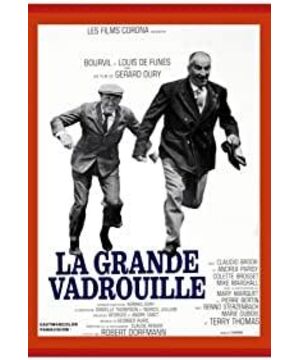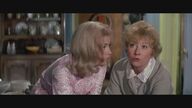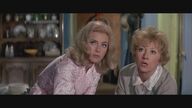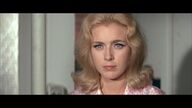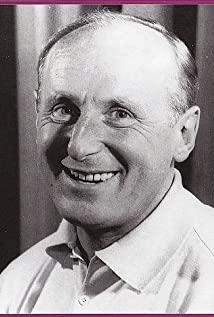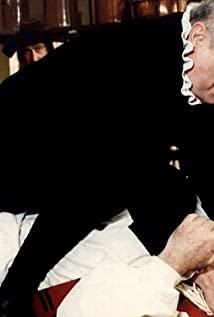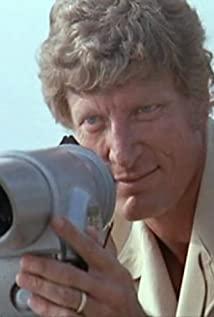At the end of the film, two red gliders fly away from what was then Nazi-occupied France. On board were three British pilots, a nun, a painter, and a conductor. They follow the wind to free mountains and fields of wheat.
The handsome and handsome British pilot couldn't contain his excitement after regaining his freedom. "Can you? Mammy." He turned his head and kissed the nun beside him.
Everything is so beautiful.
How should comedy portray this ugly world?
When the little boy in the movie "Life Is Beautiful" was quietly hiding in the trash can and watching the outside world, what he saw was a grand performance. Strangers dressed as bad guys with guns. Father strutted ahead, grimacing.
Comedy movie shots are like the eyes of that little boy. Despite standing on an empty street, there was no killing and no blood in sight. When the soldiers disappeared neatly into the night, the reel of the bicycle that fell to the ground was still spinning.
The audience will never notice that, somewhere outside the camera, gunshots have already sounded.
The curfew had already begun, but the night never seemed to come.
The nanny in the French convent reminds British pilots to seek medical attention as soon as possible. Nazi soldiers with guns lined up beside the train tracks, Frenchmen stuck their heads out of train windows, and young puppet actors wrote blessings for British pilots on the windows. The painter poured a whole bucket of paint on the German officer. A group of theatergoers buried explosives under swastikas.
The innkeeper lit a candle.
We can see German soldiers and French people frankly meeting in a hammam; British pilots and German officers eating at the same table; French painters and Nazi soldiers sleeping in the same bed all night.
There is no difference between people.
In the context of war, only a few independent individuals are discussed, which is almost extinct in domestic films. The different values of individualism and collectivism lead to significant differences between Chinese and Western screenplays.
Think of the night in the movie, after playing a tune for the Nazis, the conductor threw the wig and baton into the river. The painter turned to him and said, "You're going to catch a cold with your bare head. Take my hat."
View more about La Grande Vadrouille reviews


